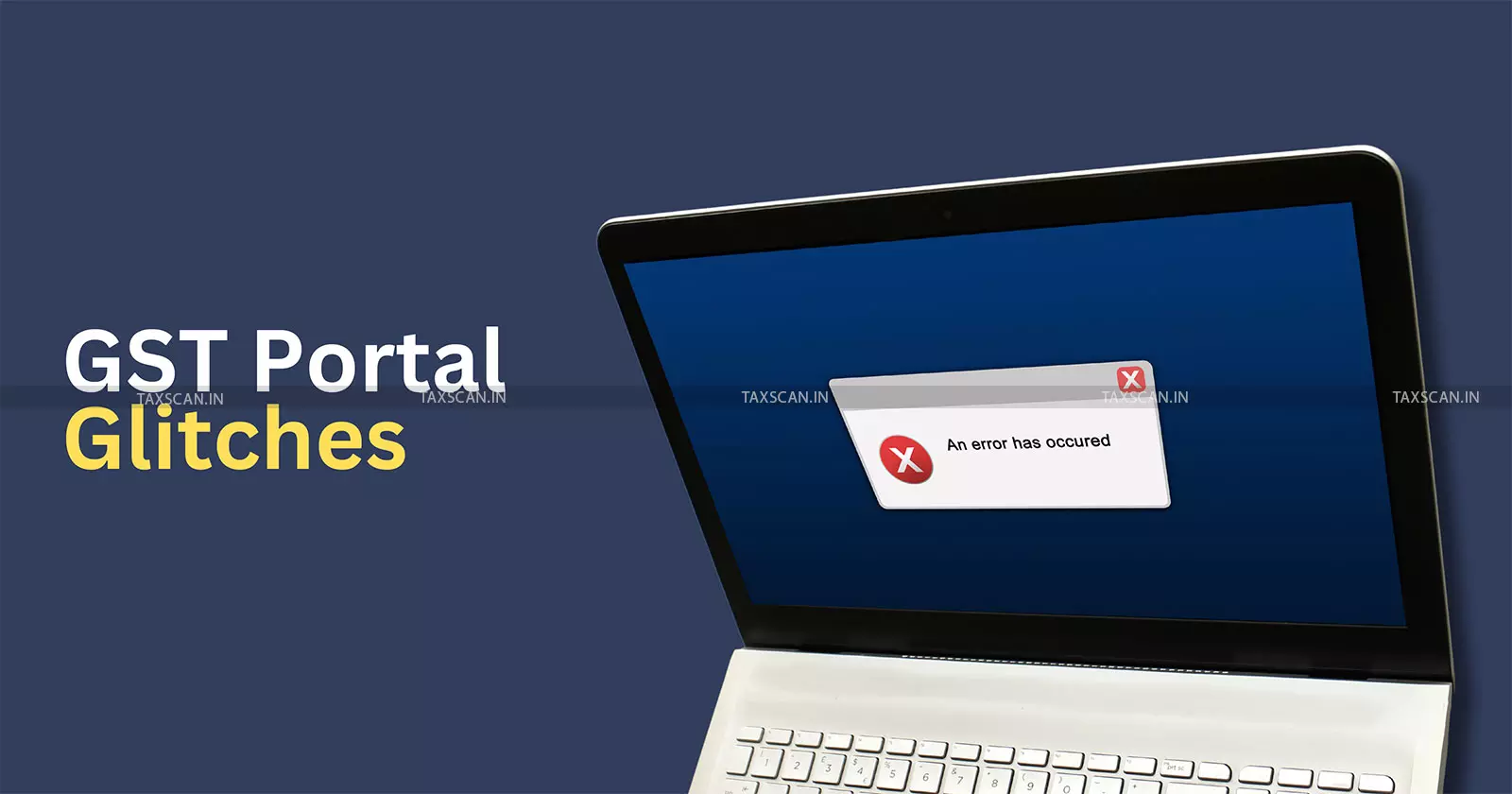Recurring MCA, IT, GST Portal Glitches affect Ease of Compliance as well as WLB of Professionals: Recent Cases of Downtime Numbered
On several occasions, the MCA, Income Tax and GST Portals reportedly remained inaccessible for large parts of a filing day

Persistent technical failures plaguing India’s corporate, tax and goods-tax systems are causing serious disruptions in statutory compliance, imposing hidden costs on professionals and eroding work–life balance across the accounting, legal, and tax advisory sectors.
This week, the Institute of Company Secretaries of India (ICSI) formally petitioned the Ministry of Corporate Affairs (MCA) to extend filing deadlines and waive penalties for the September–December e-form filings, citing “ongoing, widespread difficulties” in using the new MCA21 V3 portal. Complaints include failure in OTP (one-time password) generation, dysfunctional IVR (Interactive Voice Response) fallback, and forms that cannot be saved or submitted.
Meanwhile, the GST portal has witnessed a fresh spate of outages. Users have flagged repeated “504 Gateway Timeout” errors, “Service Unavailable” messages, and abrupt session expirations.
On several occasions, the portal reportedly remained inaccessible for large parts of a filing day. Tax consultants say this is not merely an inconvenience but a structural failure that disproportionately burdens small and medium enterprises lacking buffer resources.
The Income Tax e-filing portal has not escaped the pain. On the September 15 ITR deadline, taxpayers encountered slowness, errors in uploading returns, and repeated crash-outs. Chartered accountants publicly appealed to central authorities to grant automatic extensions. Further compounding concerns, a security bug was discovered in the portal that allegedly exposed taxpayer data to other users.
For many CA firms, company secretaries, and tax practitioners, the technical failures translate into unpredictable overtime, frantic deadline juggling, and reputational risk. The glitches force often well-prepared professionals into firefighting mode, repeatedly resubmitting forms, chasing portal access, or being held responsible for delayed filings.
As one commentator put it, the system is meant to “empower, not burden” taxpayers—yet in its current state, the tech deficits are compounding burdens. ([The Economic Times][7]) The costs are not purely operational. Stress, client dissatisfaction, litigation risk over late filing penalties, and internal staff fatigue are rising.
In response, ICSI’s plea to waive additional fees and extend deadlines is under review by the MCA. On the MCA front, some earlier reports suggested that after early turbulence, version 3 of the portal was “running smoother,” aided by a dedicated helpline and progressive bug fixes. However, that smoother phase appears tenuous under heavier usage.
Tax authorities, meanwhile, have extended the GST portal window for annual return filings (GSTR-9) ahead of December 31, 2025, but that does not address systemic reliability issues.
To restore stakeholder trust, authorities must treat these outages not as isolated events but symptomatic of architectural deficiency. Infrastructure redundancy, rigorous stress testing, clear accountability and fallback modes for users must be baked in, not added belatedly after the portals collapse under load.
Support our journalism by subscribing to Taxscan premium. Follow us on Telegram for quick updates


